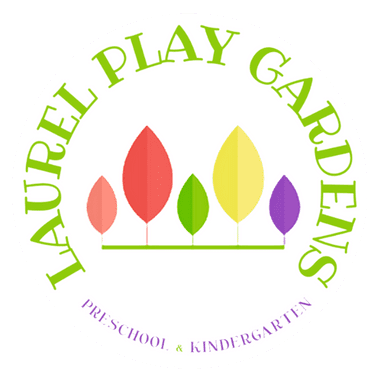Any more questions?
Contact us and we’ll be happy to help.
We would love to hear from you.
Contact us and we’ll be happy to help.
We would love to hear from you.
Laurel Play Garden FAQs
We use fun, research-based, multi-sensory strategies to help children develop early learning skills, including creative play, phonics and literacy, everyday math, social and emotional learning. We use creative Curriculum by The Teaching Strategies as the basis for our curriculum throughout the preschool.
Our open hours are from 7:30am-5:00pm* Monday through Friday. We offer flexible scheduling to cater to family needs, for full days (full time) our families can pick their schedules from the following time we offer:
7.30am to 3.30pm
8.00am to 4.00pm
8.30am 4.30pm
9.00am to 5pm
For half days (part time) are schedule is
9am to 1.00pm
Laurel offers a variety of programs, such as: 5, 3, or 2 full days (full time) or half days 9part time).
* During COVID, our closing time is 5pm which will be extended to 6pm eventually..
We have what we like to call a “Play Garden”, our children are involved extensively in gardening projects along with extended outdoor play. We believe children learn best when they are exposed to natural environments and therefore we have a large sand play area, vegetable boxes, fruit patches and coves. Our gardens have strawberries, blueberries, pomegranate, apple, tangerine, plum, passion fruit, boysenberry along with seasonal greens and vegetables.
Co-operative play is something we truly value. But it has to be learned, as well as appeal to our social instincts. The best way to achieve this is by copying what we see. Therefore, our teachers and educators model play and co-operate whenever they can, so the kids get a sense of what it looks like. Taking turns, acting gently, speaking in a kind manner: all of these are examples of positive reinforcement. Soon enough, the play will start to diffuse social tension as a result.
We begin with short separation times, as children need to have faith that their caregiver will return. This builds trust and mutual understanding. Once these brief periods become the norm, we extend the length of separation. A comforter from home often helps, something like a blanket, toy or teddy bear. It’s normal for a child to cry during their initial state at kindergarten of semi-independence. Please remember that it’s a natural, healthy response to the love you’ve given them so far. For transitions and promotions, too, we create a plan that’s tailored to their personality traits.
Our breakfast is served around 9.30am, the menu is sent to families every friday for the following week. Children bring lunch from home. Afternoon snack is around 3pm, the menu for this is also sent to the families.
It is strongly encouraged that all children starting in Preschool, except for those entering the Toddler program, be potty-trained. However, it is not a requirement.
We call it rest time, which is for our full time children between 1pm to 3pm. This is a quiet time for children. Some children are nappers while some others may or may not necessarily nap. For our non-nappers this is a time to read books or do quiet activities with the teacher. Rest time for children is as important as any other activity. Their growing bodies need the stability that resting provides.
The toys and classrooms are sanitized on a daily basis. Teachers follow a detailed checklist and sign off upon cleaning. Toys and surface areas are sanitized by the mandated 1:9 ratio bleach to water solution. Our Janitorial service also maintains school appearance and cleanliness.
The teachers and assistants on our staff meet the requirements set by the State of California. These requirements include education and health requirements for people working with small children. We also strive to provide our staff with continued education in the area of Early Childhood Education. Each staff member also undergoes an extensive background check, CPR and first aid certification.
